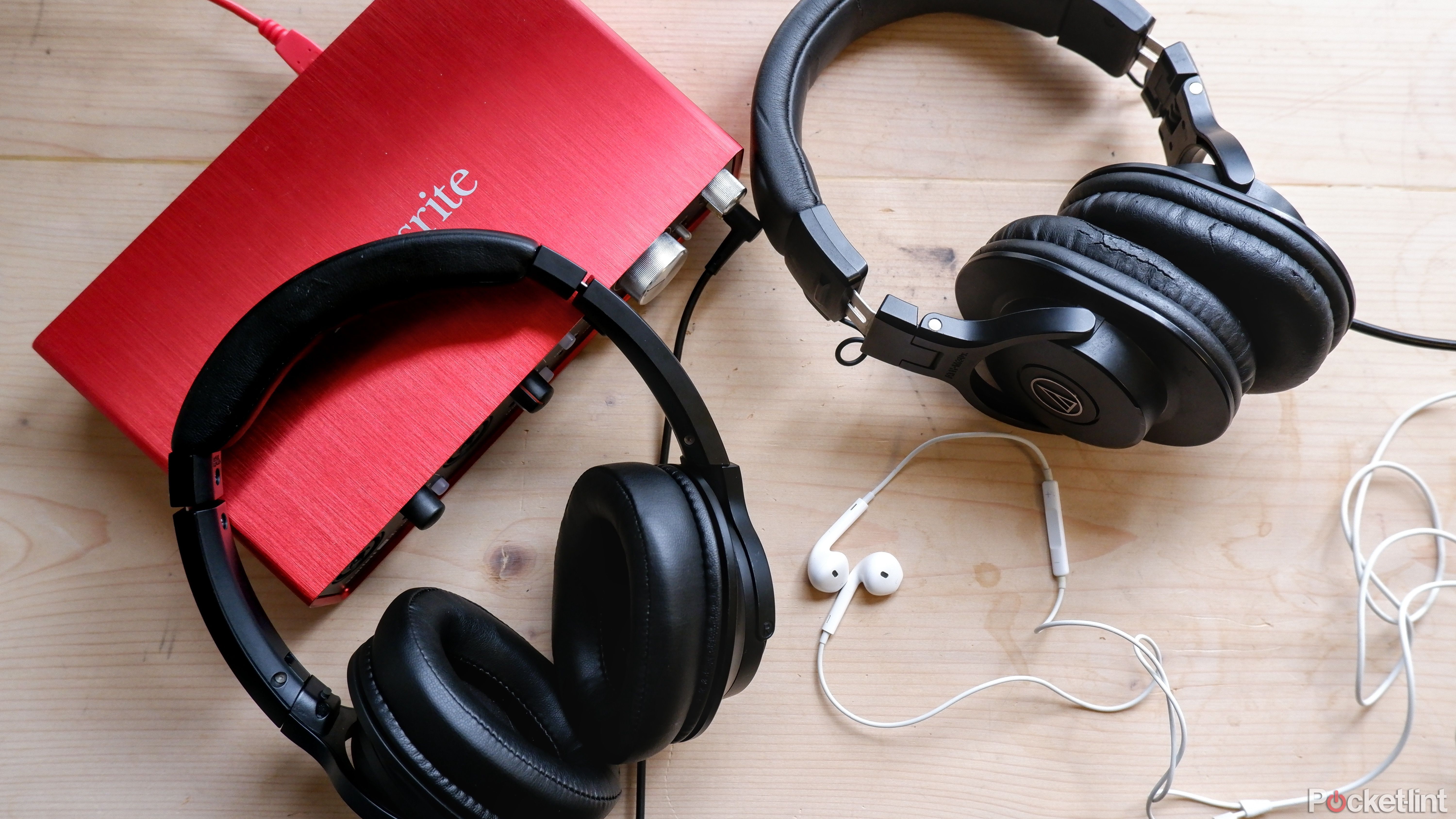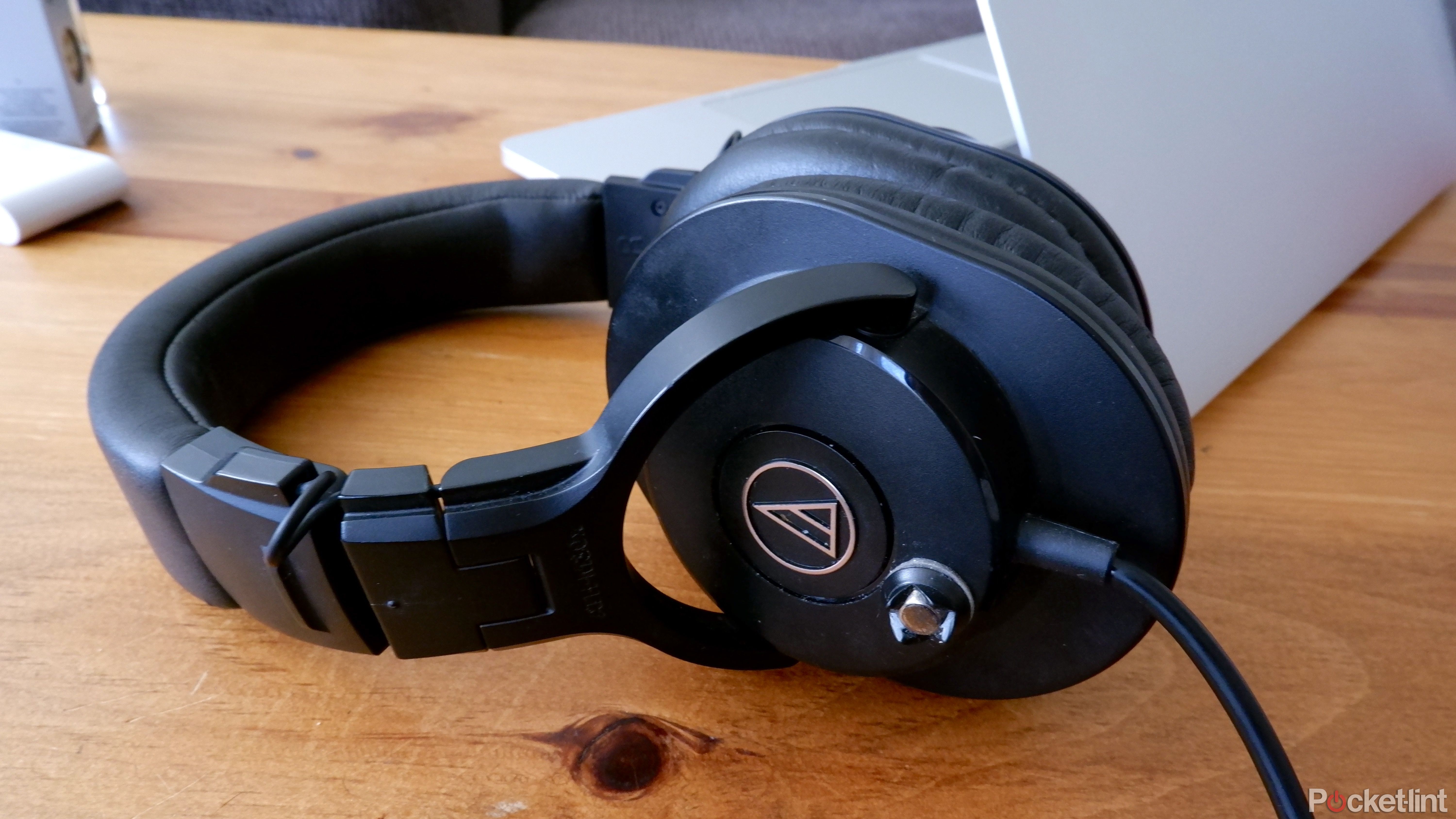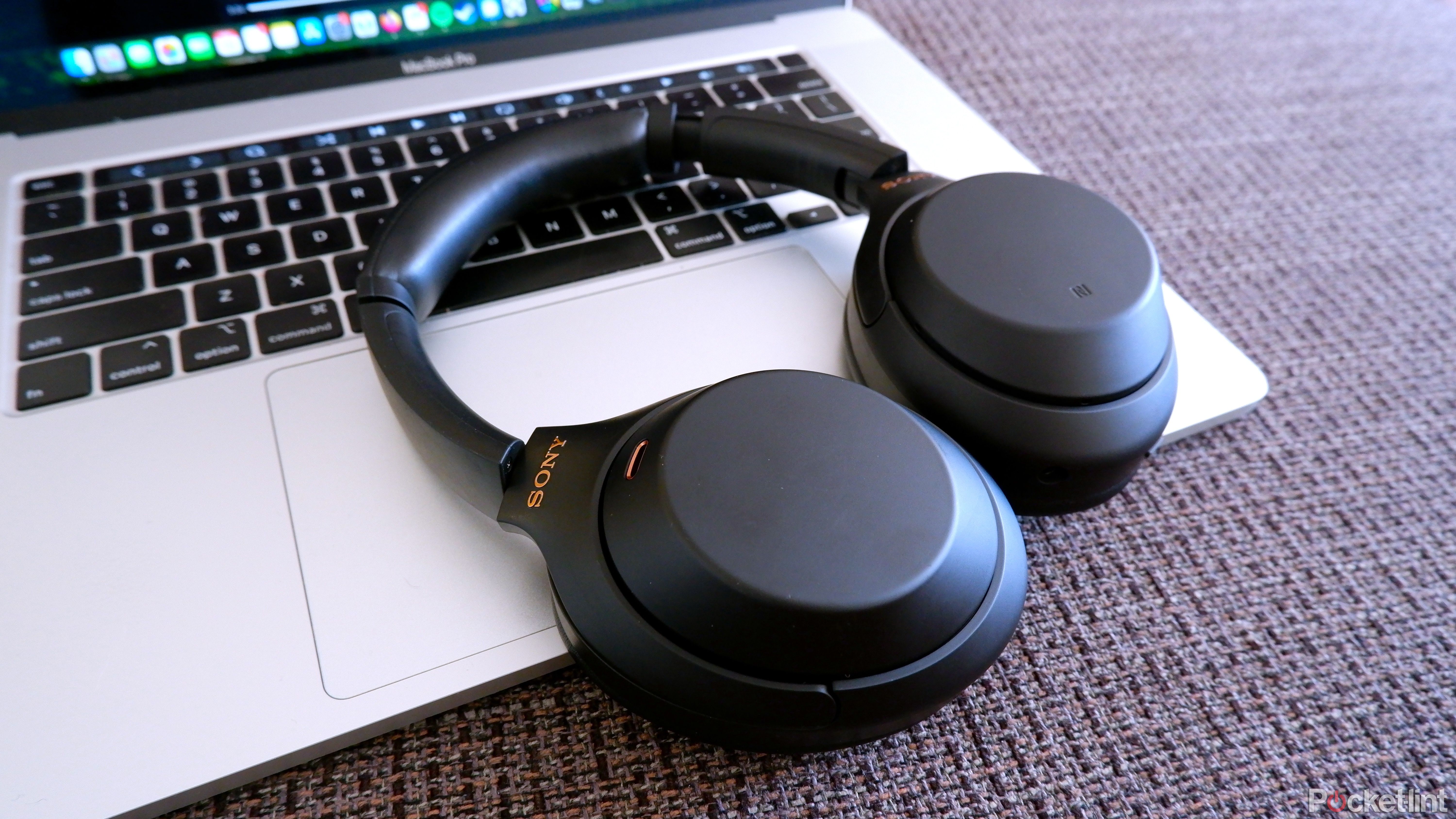Key Takeaways
- Test headphones with well-produced albums to separate instruments easily and compare sound quality.
- Listen to bass-heavy songs to ensure headphones don’t mask other sounds or lack bass quality.
- Try songs with high treble to check for frequency dips or treble emphasis that may be irritating.
Every pair of headphones sounds different from one another for the most part, and companies all have their own idea of what they should sound like. Whether you’re using bass-boosted earbuds for your workouts, or listening to FLACs through open-back headphones, it’s good to test out your headphones using different songs and sounds as benchmarks.
When I’m trying out a new pair of headphones, I always want to make sure I get a sense of the way the headphones sound from a frequency response perspective. But since I don’t have an expensive setup to test frequency response with on a technical level with graphs and everything, I have to rely on my own ears to hear the difference between different pairs of headphones. So here are some ways that I like to test headphones to get a sense of how they sound in a more objective way.
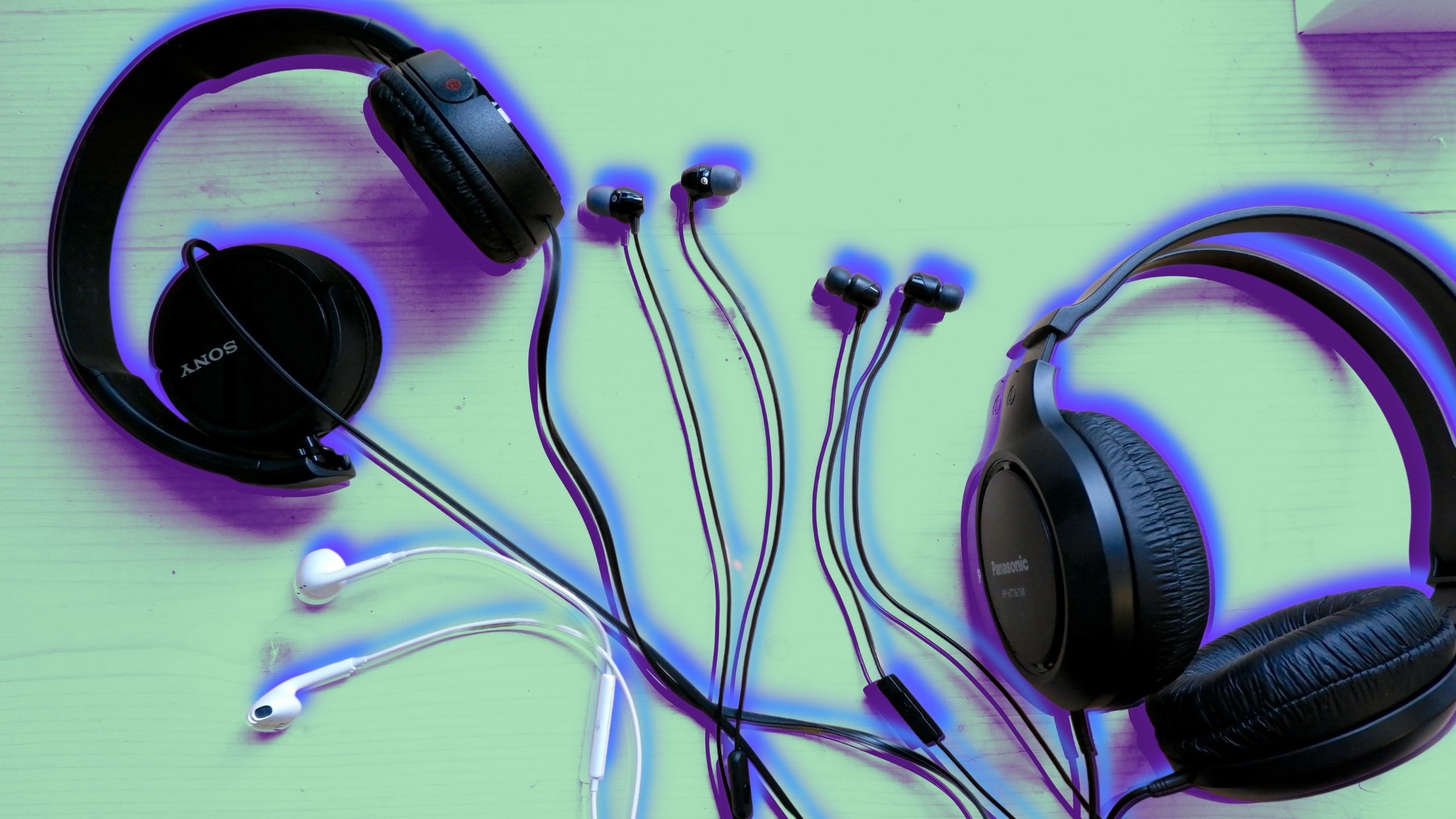
Wired headphones acting up? Try these 6 fixes
As an audiophile obsessed with wired headphones, I recommend these simple fixes if yours are acting up.
Well-produced, well-mixed albums with variation in sound
High quality music is key for getting an attuned ear
An album with really pristine production and a lot of different sounds to look out for is perfect for testing out headphones. Being able to separate the instruments easily in your head while listening helps so you can compare the way one pair of headphones sound to another you’re more used to. Ideally you’ll want to use an album you’ve listened to a fair amount before, so you know what to look out for specifically, but you don’t have to be an expert to get the gist.
Being able to separate the instruments easily in your head while listening helps so you can compare the way one pair of headphones sound to another you’re more used to.
The first album I always use to test out new headphones is Rage Against The Machine’s debut self-titled album. I’ve been a fan for a long time, so it’s an album I’m acutely familiar with, it’s extremely well-produced and well-mixed, and I know specifically where and when to listen to get a sense of how the sub-bass, bass, mids, and highs all sound on a given pair of headphones, since I use this album as a benchmark every time.
0:32
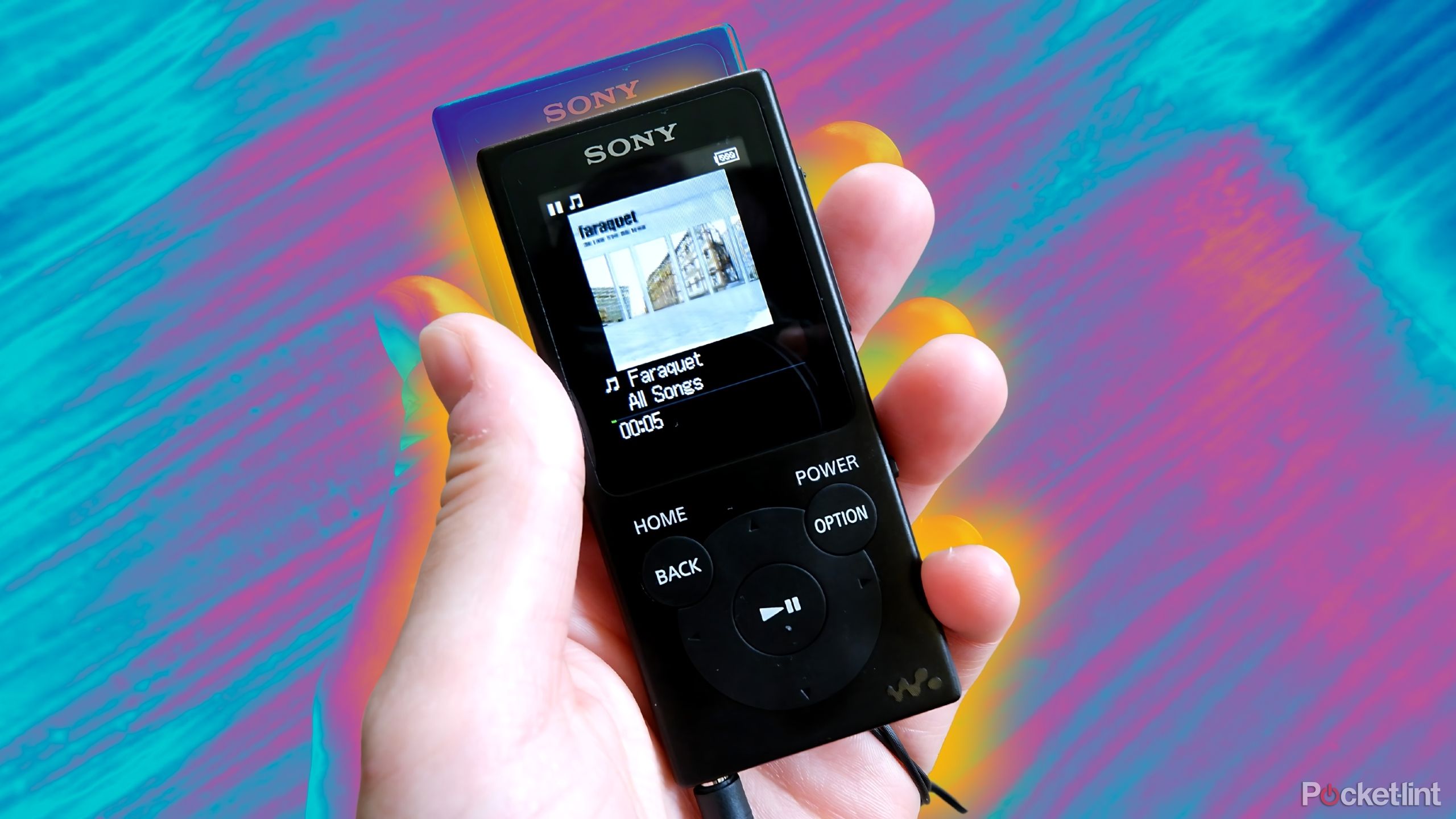
I tried a Sony Walkman E394 and it transported me to a simpler time
These days devices do everything, but the Walkman is dedicated to simplicity.
Another really good album for this is Daft Punk’s Random Access Memories, which also has incredible production. There’s a lot to listen for, from booming sub-bass to very, very high pitched percussion and effects. Being able to listen for these details will give you a good sense of where your headphones are emphasizing certain sounds.
Songs I know are bass-heavy
Some headphones lean too much into bass, so it’s important to test it out
Next, I like to listen to songs that I know have a lot of bass and sub-bass in the mix. I do this so I can see if the headphones’ frequency response is so bass-heavy that it masks everything else in the mix, or to see if it’s not loud enough. EDM and pop can be really good for this, and I have a few specific artists and tracks I gravitate toward.
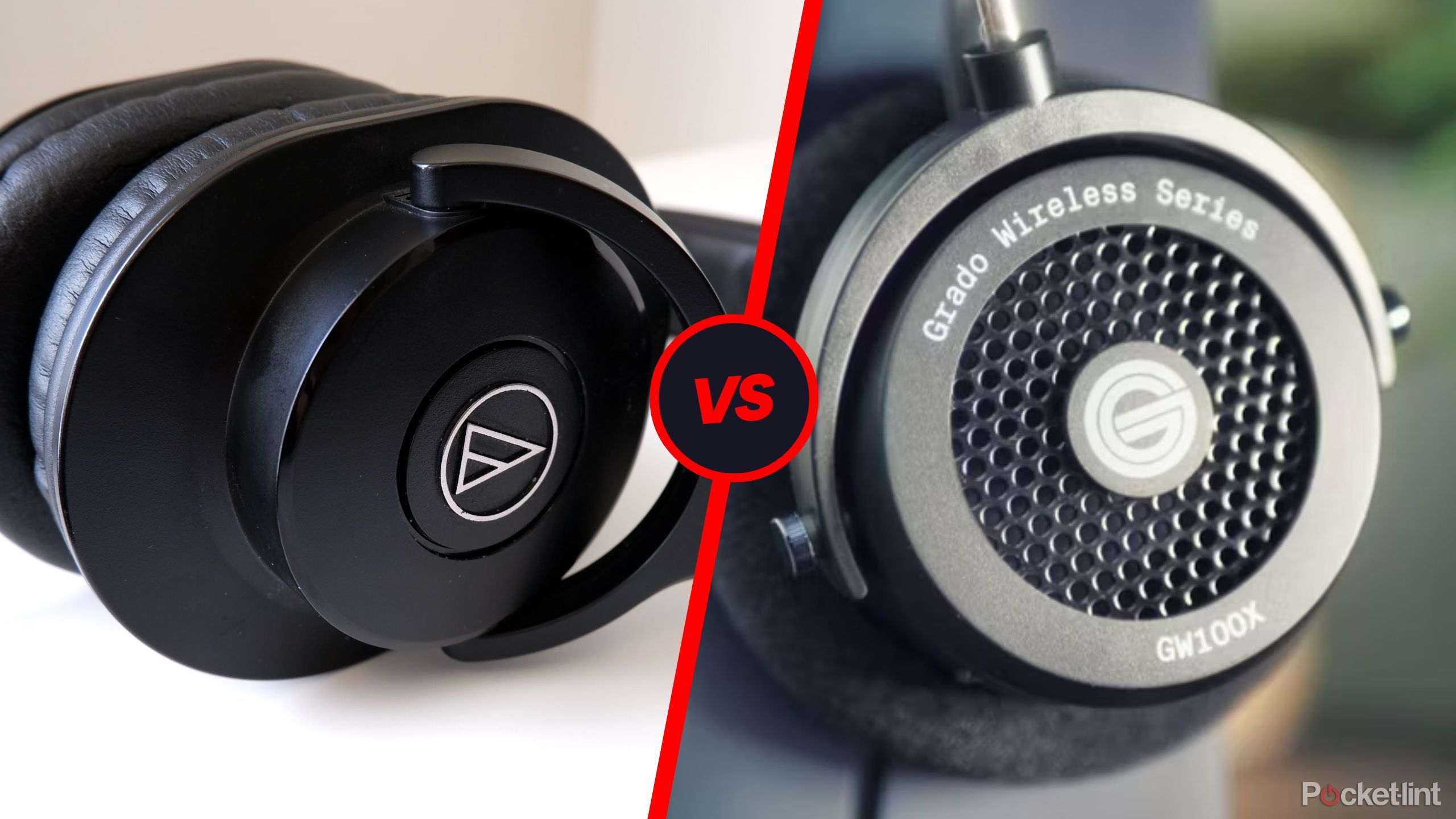
Open-back vs closed-back headphones: Which best suit your listening?
Whether you’re a musician, a Hi-Fi enthusiast, or shopping for new over-ears, here are the key differences to note before buying.
Charli XCX has a lot of well-produced songs that are really bass heavy, so her music is a go-to for me. Her new track 360 is great for testing bass, as well as how bass might cover up any mids or highs if it’s boosted too much from your headphones or your EQ. Vroom Vroom is also a good track for this, because it starts with lots of high-pitched, clicky snare, contrasted with deep bass throughout.
The producer of Vroom Vroom, SOPHIE, also made a lot of great tracks I use to test headphones. I frequently use her track Faceshopping to test sub-bass on headphones, because it’s so prominent and deep on the track. If it makes the rest of the track practically inaudible, I know the headphones I’m using are too sub-bass heavy.
Songs I know have very high treble
If your headphones are too tinny, it’s going to be irritating
I also seek out songs that I know have very high-pitched sounds specifically, because I want to know if there’s a dip at a certain frequency, or if the headphones emphasize treble too much.
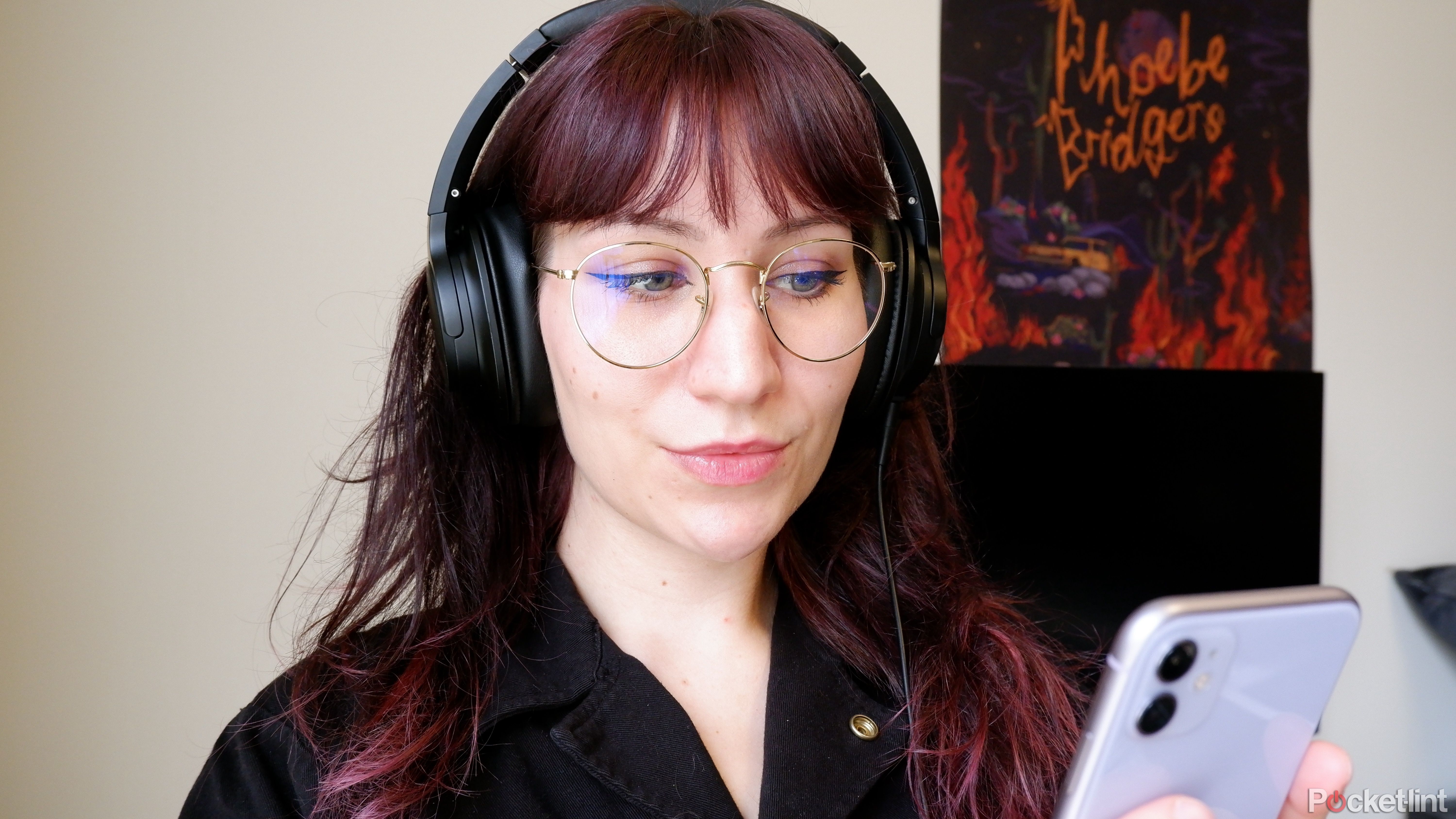
5 EQ apps I use to get more control over my audio
Plus, the few ways to change your EQ on iOS devices.
My go-to track for testing this is Telefon Tel Aviv’s song Ttv, which has a very high-pitched ringing sound around nine seconds into the track. If I can hear it clearly, I know the highs on the headphones are audible enough, and if it’s way too loud, I know the headphones definitely lean towards the highs.
My go-to track for testing this is Telefon Tel Aviv’s song Ttv, which has a very high-pitched ringing sound around 9 seconds into the track.
I also like listening to Paranoid Android by Radiohead to test treble, because the track has a lot of high-pitched ticking and clicking sounds throughout, as well as strumming sounds, and if those are perfectly audible without being irritating, I know the treble on the headphones is high enough to be enjoyable, but not enough to dominate the track.
FAQ
Q: What is frequency response?
Frequency response in audio refers to how a piece of audio equipment produces various sounds in a certain range. With headphones, we’re looking for how loud certain ranges are compared to others, because different balances of these frequencies make music sound a lot different. For example, if you look at frequency response charts for certain headphones, you’ll see that some are more “flat,” meaning that the frequency response curve don’t have any major dips or peaks, and sounds are consistent across the range of sounds. Studio headphones tend to be flat, so musicians and producers can hear sounds more accurately. Lots of consumer headphones have a big boost in the bass and sub-bass ranges, because louder bass just makes songs sound a lot more enjoyable to the average person.
Trending Products

Cooler Master MasterBox Q300L Micro-ATX Tower with Magnetic Design Dust Filter, Transparent Acrylic Side Panel…

ASUS TUF Gaming GT301 ZAKU II Edition ATX mid-Tower Compact case with Tempered Glass Side Panel, Honeycomb Front Panel…

ASUS TUF Gaming GT501 Mid-Tower Computer Case for up to EATX Motherboards with USB 3.0 Front Panel Cases GT501/GRY/WITH…

be quiet! Pure Base 500DX Black, Mid Tower ATX case, ARGB, 3 pre-installed Pure Wings 2, BGW37, tempered glass window

ASUS ROG Strix Helios GX601 White Edition RGB Mid-Tower Computer Case for ATX/EATX Motherboards with tempered glass…


